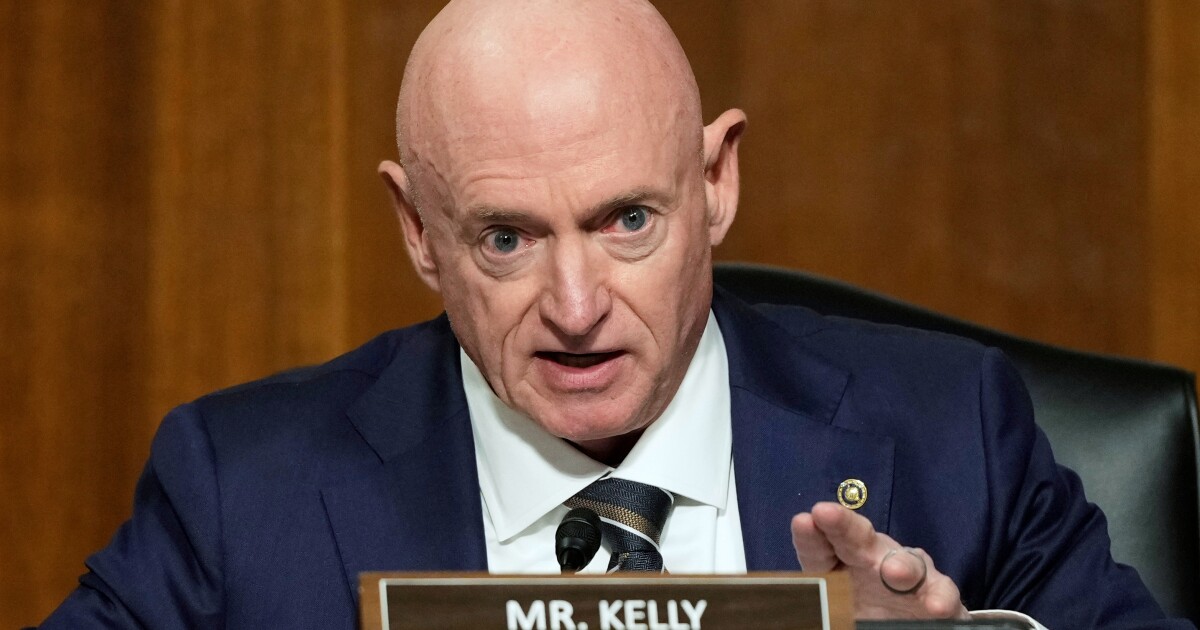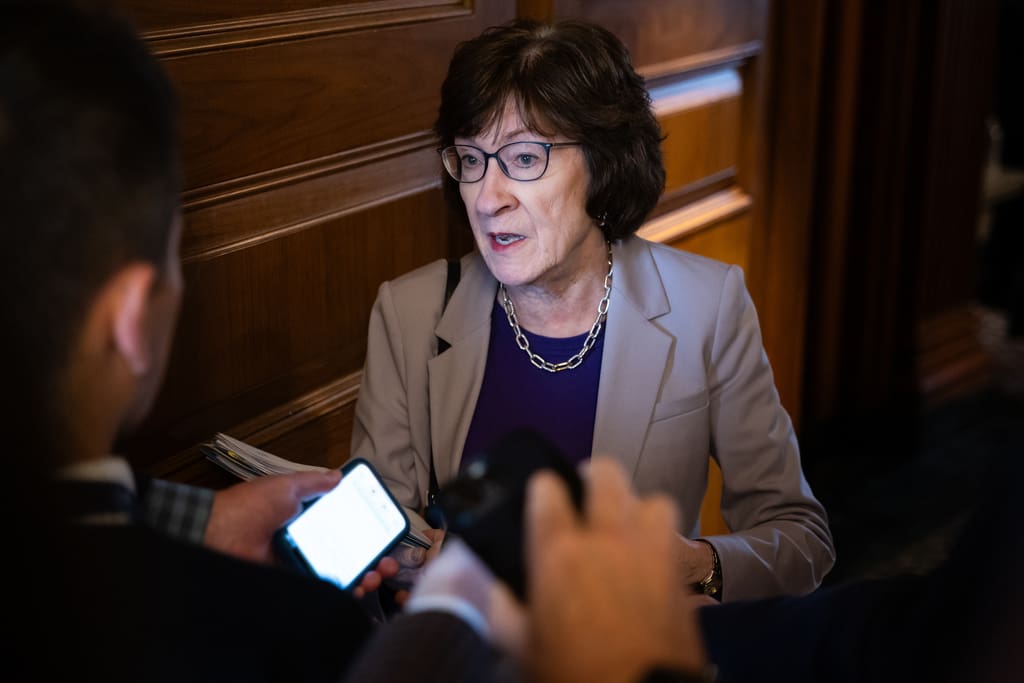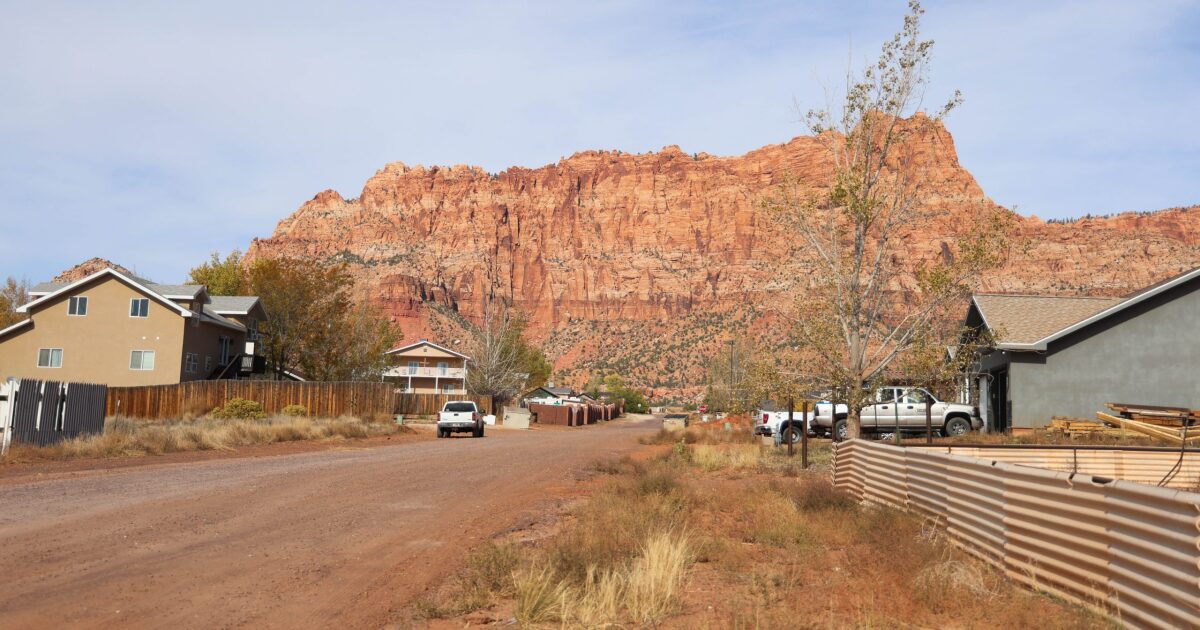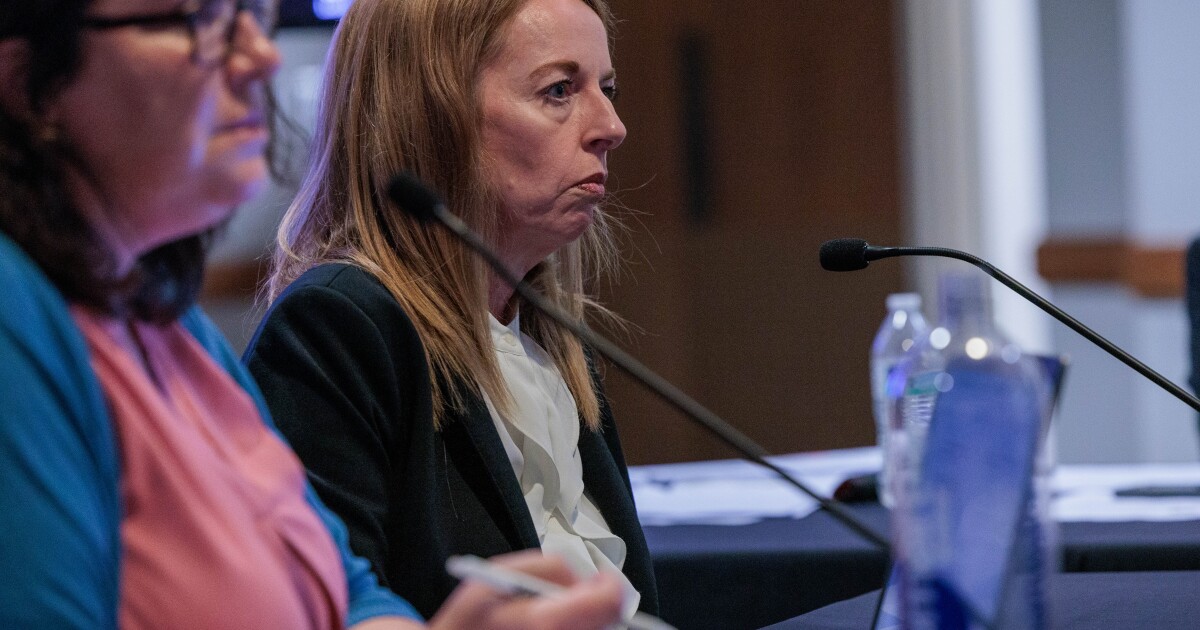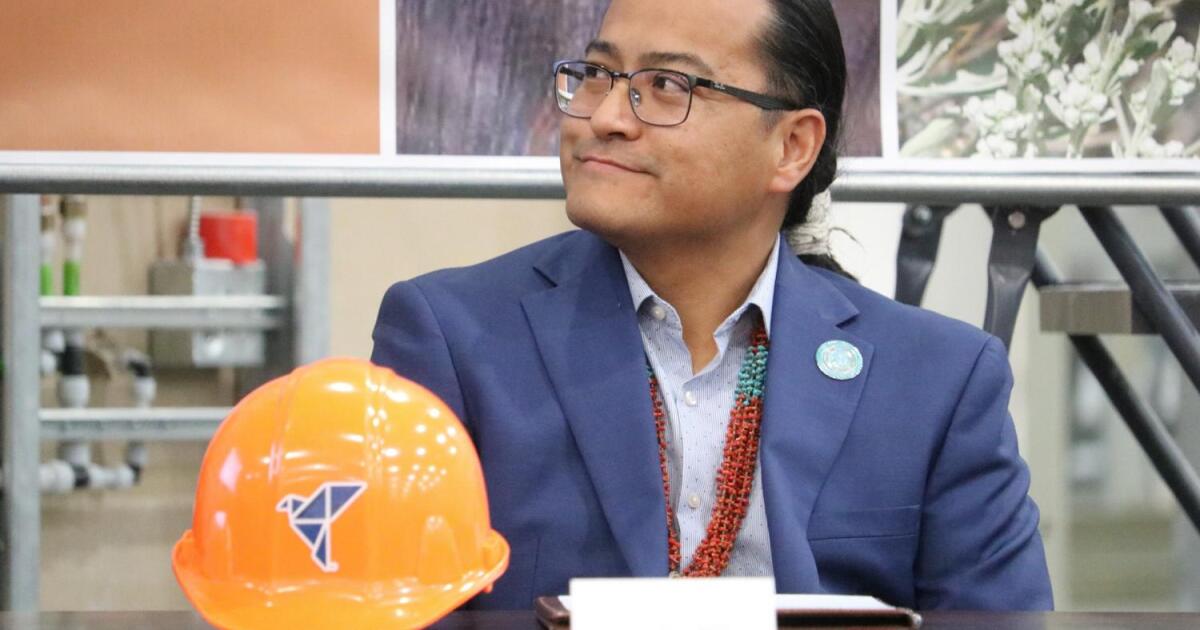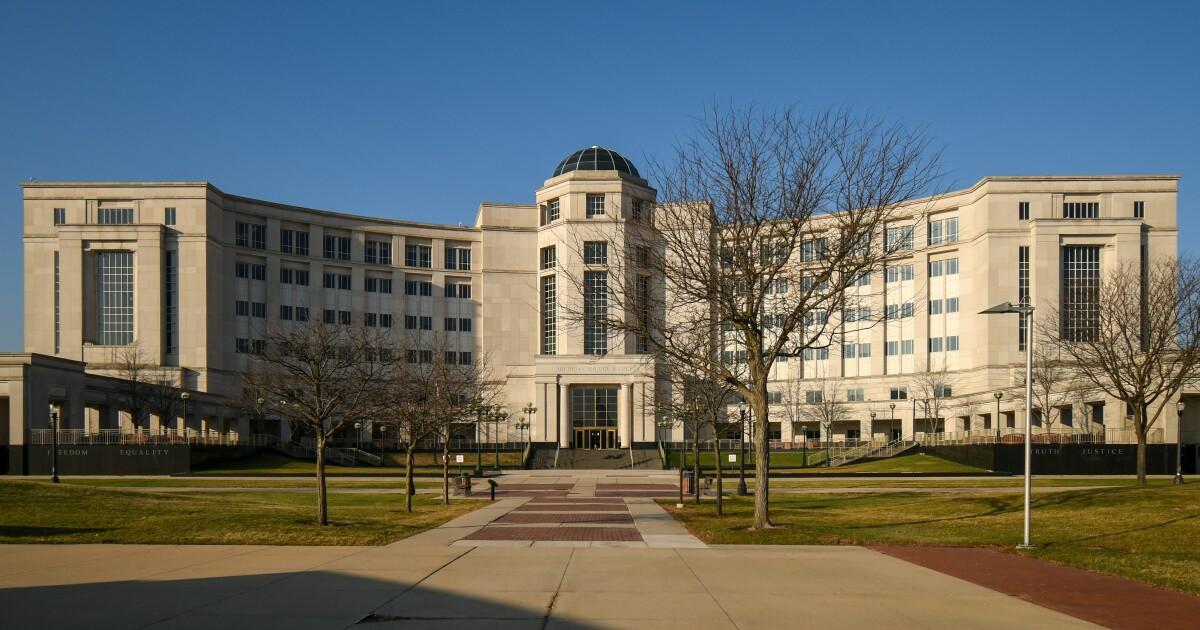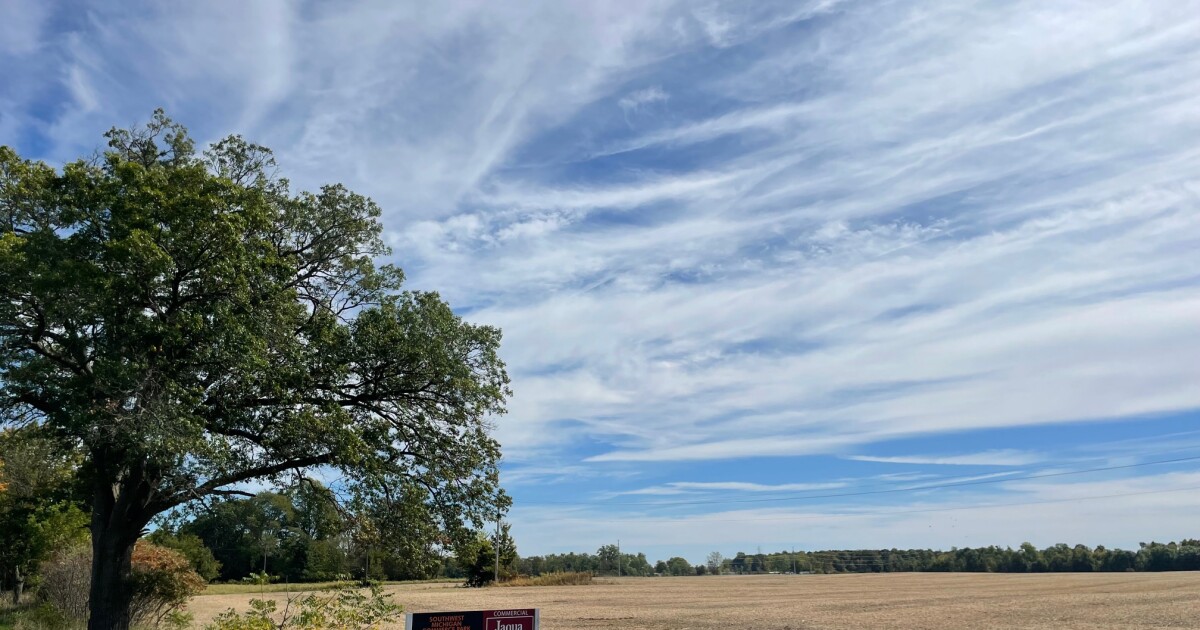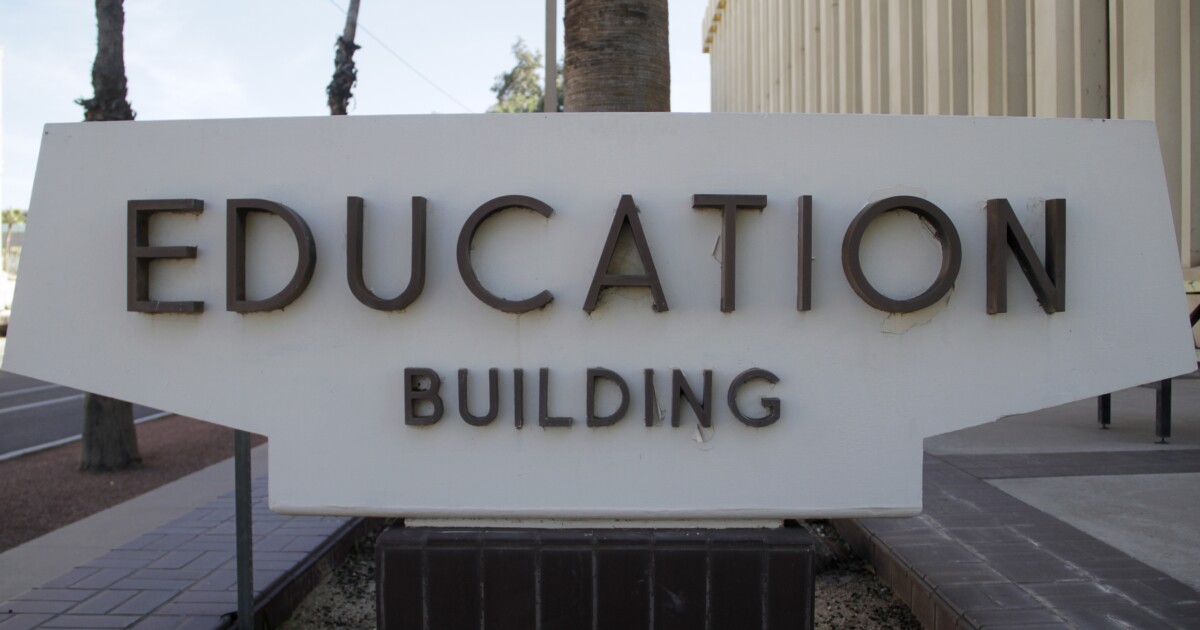In a historic moment for public broadcasting, President Lyndon B. Johnson’s signing of the Public Broadcasting Act of 1967 marked a commitment to utilizing new technologies for the enrichment of the human spirit. Echoing Samuel Morse’s telegraph message, Johnson pondered, “What hath man wrought?” He answered his own question, stating the purpose of the act was to “enrich man’s spirit.”
Following this, the Corporation for Public Broadcasting (CPB) was established, leading to the formation of PBS and NPR. These entities have been supported by a framework of laws designed to shield them from political influence. CPB’s funding has supported numerous iconic programs such as Sesame Street and PBS NewsHour.
Saul Loeb / AFP via Getty Images
/
AFP
Despite their wide reach across various platforms, public media organizations face a significant threat. A recent legislative decision has jeopardized federal funding for public broadcasting, proposing to cut $1.1 billion over the next two years. This decision aligns with Republican goals of reallocating funds for immigration enforcement and tax cuts.
Former President Trump has been vocal in his criticism of public broadcasting, accusing NPR and PBS of ideological bias. His influence remains strong, as evidenced by his recent post warning Republican lawmakers against supporting public broadcasting funding.
House Speaker Mike Johnson expressed his views, asserting, “This is, in our view, the misuse of taxpayer dollars,” and questioning the objectivity of public broadcasters.
Without federal subsidy, some stations will wither
Though NPR’s direct federal funding is minimal, PBS and local stations rely heavily on these subsidies. Federal funds constitute a significant portion of their budgets, with some rural and tribal stations at risk of closure without this support. Tim Black of Tri-State Public Media warns that losing federal funds could be “pretty darn close to being catastrophic.”
Stations like WXXI in Rochester, N.Y., are preparing for leaner times. Sue Rogers acknowledges the challenge but remains committed, stating, “It will test every single shred of creativity we have to continue to try to serve our mission.”
Intensifying scrutiny on national networks
The potential loss of federal funding could have ripple effects on national networks. Ken Stern, former NPR Chief Executive, emphasized the importance of federal funds for advocacy and maintaining a “place at the table.”
Despite some Republican support for local stations, NPR and PBS face criticism for perceived bias. Vivian Schiller, a former NPR CEO, argues that government funding and journalism are “incompatible” in the U.S.

Roy Rochlin/Getty Images for Unfinished Live / Getty Images North America
/
Getty Images North America
NPR’s expansive news coverage remains a focal point of contention. Efforts to diversify its staff and content have not significantly shifted its audience demographics. Criticism continues over NPR’s handling of topics like Hunter Biden’s laptop and COVID-19 origins.
Bruce Drake, a former NPR vice president, contends that NPR’s current challenges stem from its tone and cultural orientation rather than political bias. Uri Berliner, a former NPR editor, criticized the network’s progressive leanings, leaving NPR for the Free Press.
Stations confront a changed landscape
As public broadcasters navigate funding uncertainties, some station managers highlight the strength of collaborative reporting. Texas Public Radio’s partnership with The Texas Newsroom exemplifies successful local coverage bolstered by federal grants.
Maria O’Mara of PBS Utah and NPR affiliate KUER emphasizes the need to move beyond political debates and focus on public service. “We are needed by our listeners. We feel that clarity of mission,” she states.
Disclosure: This story was written and reported by NPR Media Correspondent David Folkenflik. It was edited by Deputy Business Editor Emily Kopp and Managing Editor Vickie Walton-James. Under NPR’s protocol for reporting on itself, no corporate official or news executive reviewed this story before it was posted publicly.
Copyright 2025 NPR
—
Read More Michigan News


